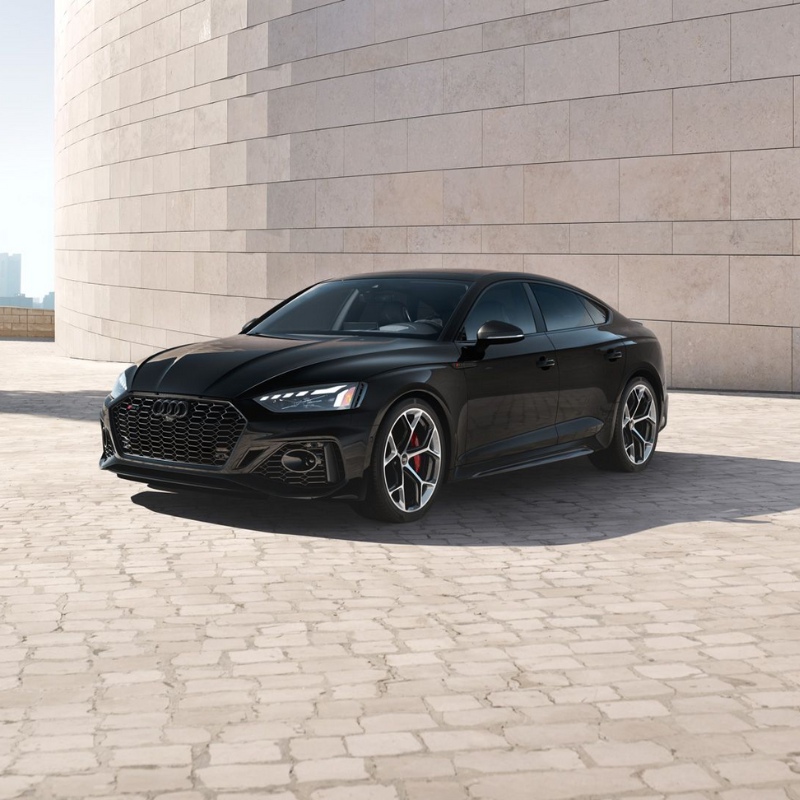Why Are Passenger Vehicles Still the Backbone of Personal Transportation Worldwide?
2025-02-20
In today’s fast-paced world, passenger vehicles remain a staple for personal transportation, despite the growing popularity of alternative options such as ride-sharing services, electric scooters, and public transit. But why do passenger vehicles continue to be the backbone of personal transportation across the globe? What makes these vehicles such an essential part of modern life, and how have they adapted to meet the needs of today's drivers?
The Convenience of Ownership
One of the primary reasons passenger vehicles have maintained their importance is the convenience they offer. Unlike relying on public transportation or ride-sharing, owning a passenger vehicle provides individuals with unmatched flexibility and freedom. A car allows you to go wherever you want, whenever you want, without being restricted by schedules or the availability of a driver.
For many, owning a passenger vehicle means not only the convenience of commuting to work or running errands but also the ability to take spontaneous road trips, visit family, or explore new destinations without worrying about transportation.
Increasing Demand for Comfort and Safety Features
Over the years, passenger vehicles have evolved dramatically to meet growing expectations for safety, comfort, and technological advancements. With the rise of features like heated seats, advanced air conditioning systems, and infotainment centers, cars today offer an experience far beyond basic transportation.
Moreover, safety technology in passenger vehicles has greatly improved. Features like automatic emergency braking, adaptive cruise control, lane departure warnings, and blind-spot monitoring are now common in many new cars, helping to reduce accidents and enhance driver and passenger safety.
These advancements have contributed to the enduring popularity of passenger vehicles, as consumers place a premium on safety and comfort when choosing a vehicle.
Environmental Considerations and the Rise of Electric Vehicles
While traditional gasoline-powered vehicles have long been the dominant mode of transportation, there is a growing shift toward electric passenger vehicles (EVs). Concerns about environmental sustainability, air pollution, and the need to reduce carbon footprints have driven both consumers and automakers to explore cleaner alternatives.
Electric vehicles, with their zero emissions and energy efficiency, represent a major step forward in the transportation sector. Many countries are now offering incentives for purchasing EVs, such as tax breaks or subsidies, to encourage their adoption. Major car manufacturers are also investing heavily in electric vehicle technology, with many models now available that cater to a variety of needs—from compact city cars to larger family vehicles and SUVs.
The development of electric vehicles not only reflects the growing concern for environmental sustainability but also signals a shift in how the automotive industry is adapting to meet future challenges.
The Flexibility of Vehicle Types
Passenger vehicles come in a variety of forms, making them adaptable to different lifestyles and needs. From compact cars that are ideal for city driving to SUVs and minivans that can accommodate larger families, there is a vehicle type to suit almost every preference.
For urban dwellers, smaller cars that are fuel-efficient and easy to park remain popular. On the other hand, families often opt for larger SUVs or minivans that offer ample space for passengers and luggage. The rise of crossovers, a hybrid between sedans and SUVs, has also expanded the choices available, providing a balance of fuel economy, storage capacity, and comfort.
Additionally, with the increasing trend of adventure and outdoor activities, vehicles like pick-up trucks and 4x4s have gained popularity, offering the strength and versatility needed for off-road journeys.
The Economic Impact of Passenger Vehicles
Passenger vehicles are not just essential for personal mobility—they also play a vital role in the global economy. The automobile industry supports millions of jobs worldwide, from manufacturing and assembly to sales, marketing, and after-sales services.
Moreover, passenger vehicles are crucial for supporting other sectors, such as tourism, logistics, and agriculture. People rely on their vehicles for everything from transporting goods to exploring remote areas. The economic importance of passenger vehicles extends beyond their initial purchase price to the long-term impact they have on employment, infrastructure, and commerce.
Challenges Facing the Passenger Vehicle Industry
While passenger vehicles continue to thrive, the industry faces several challenges in the coming years. Increasing fuel prices, government regulations, and concerns about the environmental impact of traditional vehicles are just a few of the obstacles automakers must navigate.
The shift toward electric vehicles is already well underway, but the widespread adoption of EVs will require significant investment in infrastructure, such as charging stations, as well as consumer education on the benefits and practicalities of owning an electric vehicle.
Additionally, advancements in autonomous vehicle technology are expected to reshape the future of passenger vehicles. Self-driving cars, while still in the early stages of development, could change the way people think about car ownership and transportation.
The Future of Passenger Vehicles
As we look to the future, passenger vehicles will continue to evolve to meet the demands of modern society. We can expect further improvements in fuel efficiency, performance, and safety, as well as the expansion of electric and autonomous vehicle options.
The future of transportation may look different than it does today, but passenger vehicles will likely remain a cornerstone of personal mobility, albeit in new and innovative forms.
Conclusion
Passenger vehicles have proven their staying power as the primary mode of personal transportation worldwide. With their convenience, flexibility, and constant technological innovations, cars continue to shape the way we live and travel. While challenges like environmental concerns and emerging technologies may change the landscape, passenger vehicles will remain integral to our daily lives for the foreseeable future. Whether you’re behind the wheel of a compact sedan or a powerful electric SUV, the passenger vehicle will continue to offer unparalleled freedom, comfort, and connectivity.



